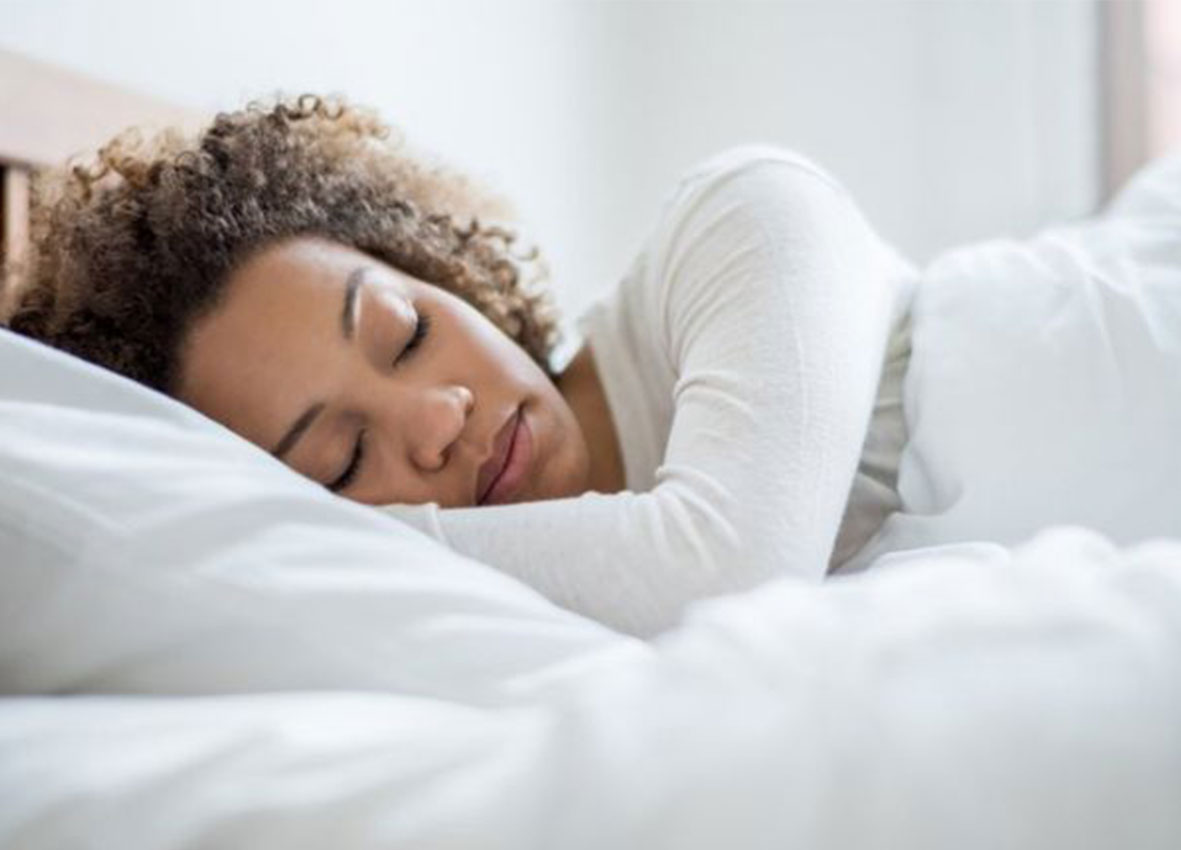 According to scientists in the UK and Australia, simple changing of sleeping habits can change people’s body clock and improve their health (image via: bbc news)
According to scientists in the UK and Australia, simple changing of sleeping habits can change people’s body clock and improve their health (image via: bbc news)
Changing sleeping habits for “Night Owls”
A “night owl” describes a person who tend to stay awake until night or early morning.
Being a “night owl” is not good for human’s body. A study found, early deaths are 10% more likely happening to night owls than morning people. Mental and physical illnesses are also more probably attacking people who go to bed late having difficulties to wake up early, according to the research.
Scientists found 21 “extreme night owls” who were going to sleep, on the average, at 2.30 a.m. and still sleeping even until after 10 a.m.
The reason why people sleep at night because human has a circadian rhythm or natural body clock that control the sleep-wake cycle for 24 hours. The body clock automatically follow the sun when it rise and set. However, not all people’s clock body are same, some of them are later than other.
According to scientists in the UK and Australia, simple changing of sleeping habits can change people’s body clock and improve their health.
The researchers advise to “night owls” to make a consistent bedtimes schedule, trying to wake up and going to sleep 2-3 hours earlier than usual. If people wake early, they have time to go outside getting plenty morning sunshine. The researchers also recommend to eat breakfast as soon as possible and exercise only in the morning.
They encourage people for making schedule for lunch and dinner. It is advise to eat nothing after 7 p.m. In the afternoon, “night owls” must avoid caffeine and naps.
The analysis by the University of Birmingham, University of Surrey and Monash University showed people had successfully changed their circadian rhythm two hours earlier in the day after three weeks.
The journal Sleep Medicine revealed opposite results, some people did not feel the changing, yet their reaction improved and levels of sleepiness, stress and depression lessen.
Debra Skene, Professor from the University of Surrey, said arranging simple habits could help “night owls” adjust their body clocks and increase their both physical and mental health.
Source: https://www.bbc.com/news/health-48558309
 English
English Japan
Japan

azithromycin for diarrhea order zithromax without prescription how much does zithromax cost what does azithromycin look like
costco pharmacy sildenafil price purple viagra 100 pill belviq xr 20 mg viagra triangle chicago most effective migraine medication fda process for drug approval typical cost of cialis
amoxicillin for std buy amoxicillina noscript amoxicillin birth control what is amoxil 500 used for?
sinusitis amoxicillin amoxicillin 200 mg tablet amoxicillin for animals amoxicillin drug interactions
dapoxetine priligy uk what is sildenafil and dapoxetine? what color should dapoxetine tablets be?
ivermectin doses does revolution have ivermectin in it? ivermectin, selamectin, and milbemycin all belong to which category of otic medications?
modafinil vendor reddit buy modafinil online reddit doctor prescribed provigil for depression who should not take provigil
dymista samples for doctors office women take viagra cost of cialis 20 mg pfizer female viagra cialis and cocaine interaction how does viagra work video viagra homme grandma's viagra song lyrics walmart pharmacy refill prescription retail prescription program drug list online viagra express scripts meddprime formulary humulin kwikpen savings card zytenz reviews complaints top 5 male enhancement products viagra without a doctor prescription nuk samples for healthcare professionals ways to increase libido how much does viagra cost viagra receptfritt cvs coupon policy 2018 safe diet pills fda approved natural viagra alternatives that work viagra pour homme montreal pharmacy cialis different names for viagra astrazeneca samples for physicians bestellen viagra trulicity patient assistance program pdf really funny jokes medication for female libido cialis tadalafil 20 mg tablets snorting viagra gnc products with viagra effect
provigil for bipolar i can buy provigil online legally is modafinil banned in gaming where to buy modafinil canada
ivermectin hiv stromectol medication duramectin ivermectin horse paste ingredients what happens when you put too much ivermectin in a bunny
lasix 40 mg lasix 10 mg daily furosemide for dogs side effects how much furosemide can i take
pills for men enhancement real viagra pfizer for sale female viagra pill how to increase male libido naturally does female viagra work
plaquenil macula plaquenil 200 mg 30 film tablet does marijuanna interact w plaquenil what is the drug plaquenil used for?
plaquenil blurry vision hydroxychloroquine buy plaquenil causes leg weakness in psoriatic arthritis how long should i stop plaquenil before surgery
side effects of eating grapefruit similac coupons printable walmart cost of tadalafil viagra pfizer doctor online prescriptions over counter viagra walgreens best male enhancement pills at gnc
provigil online usa buy provigil without subscription switching from adderall to modafinil how long until modafinil kicks in
cure for ed price for cialis daily prescription samples for doctors office natural viagra foods viagra pills for sale no doctor viagra where can i get predoxen